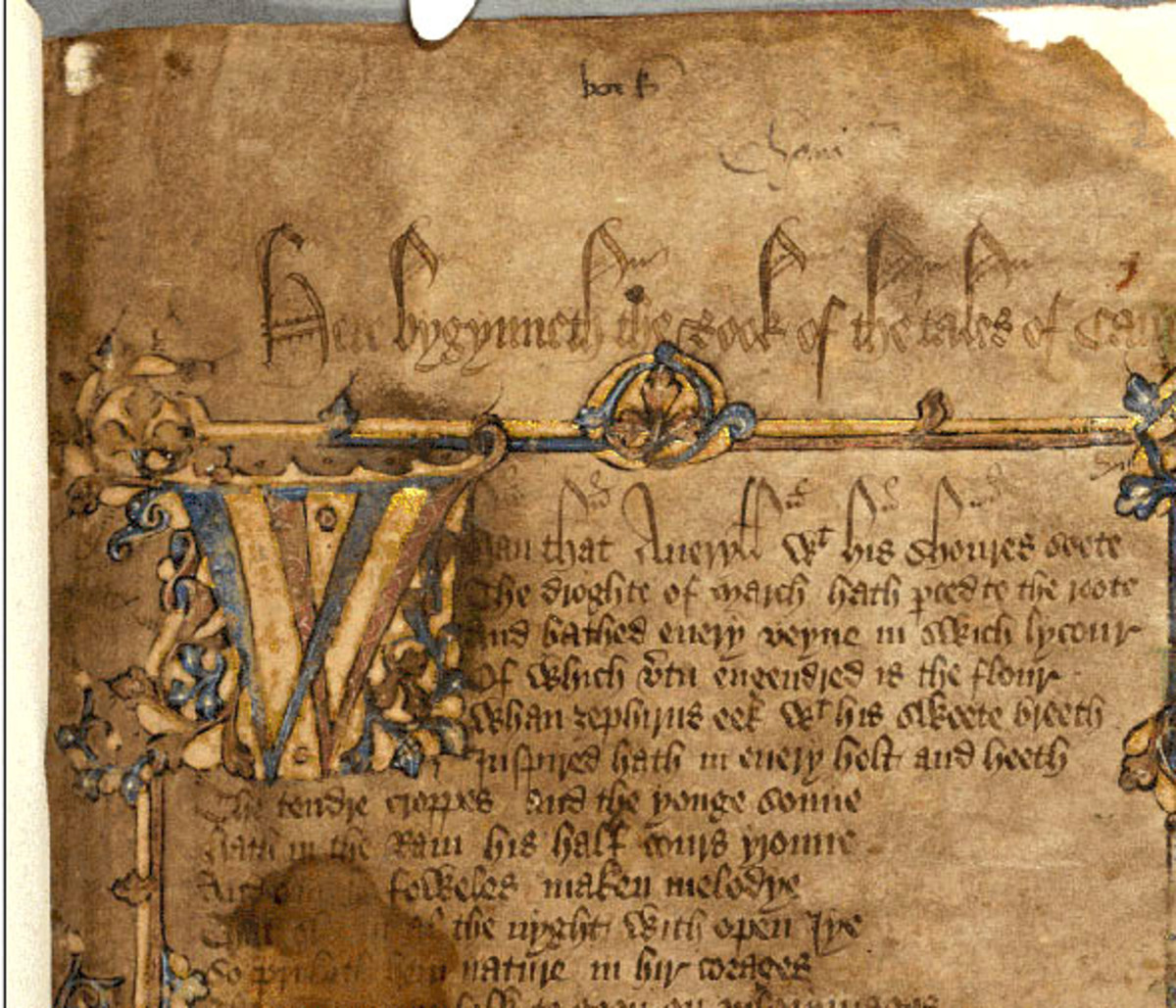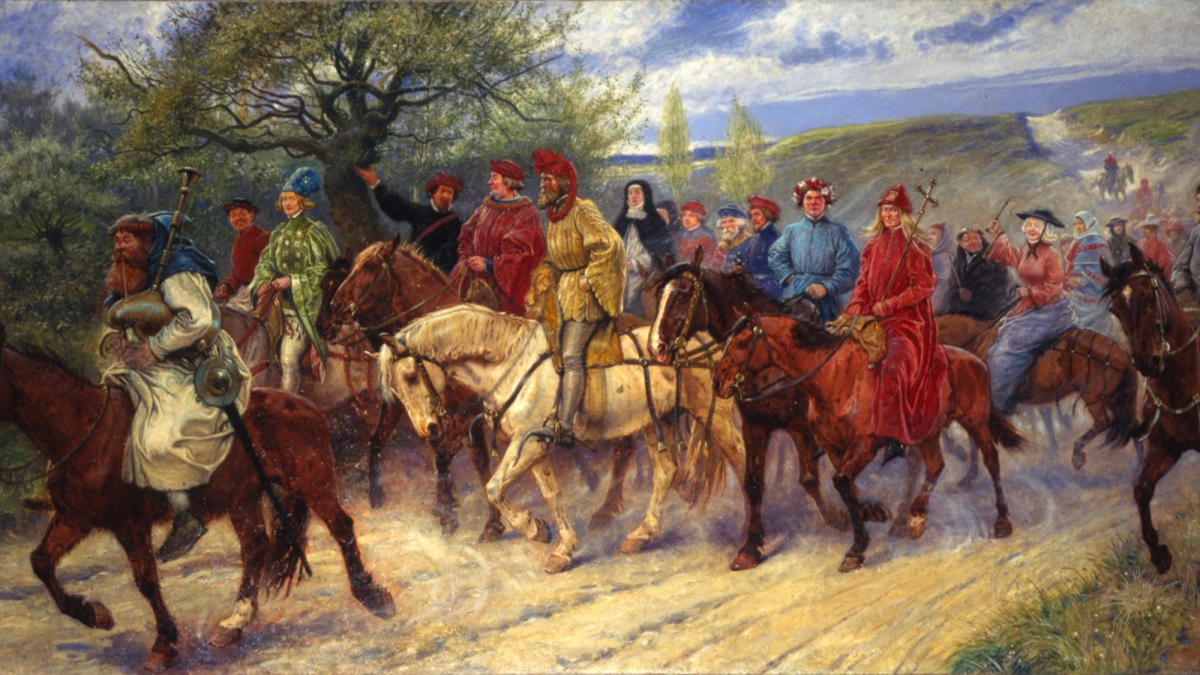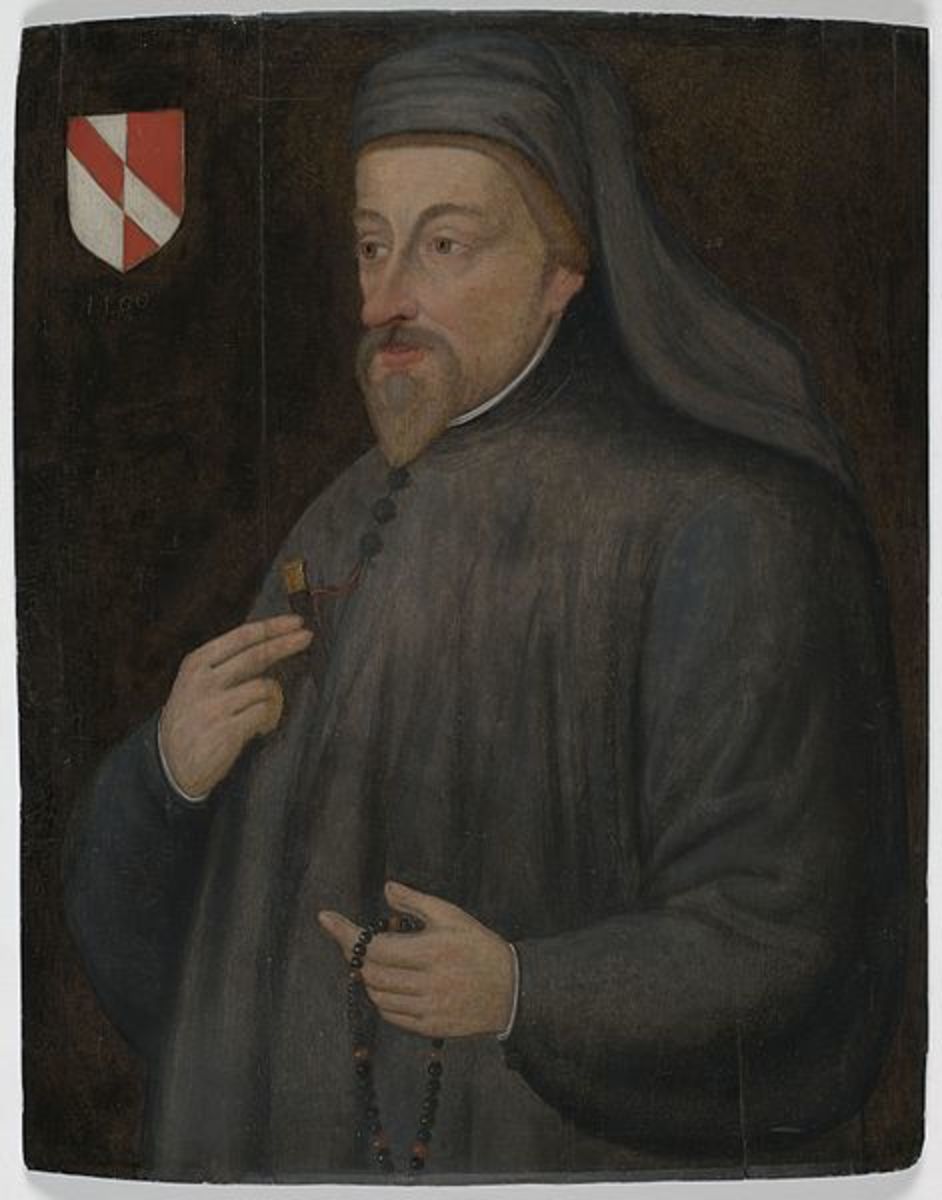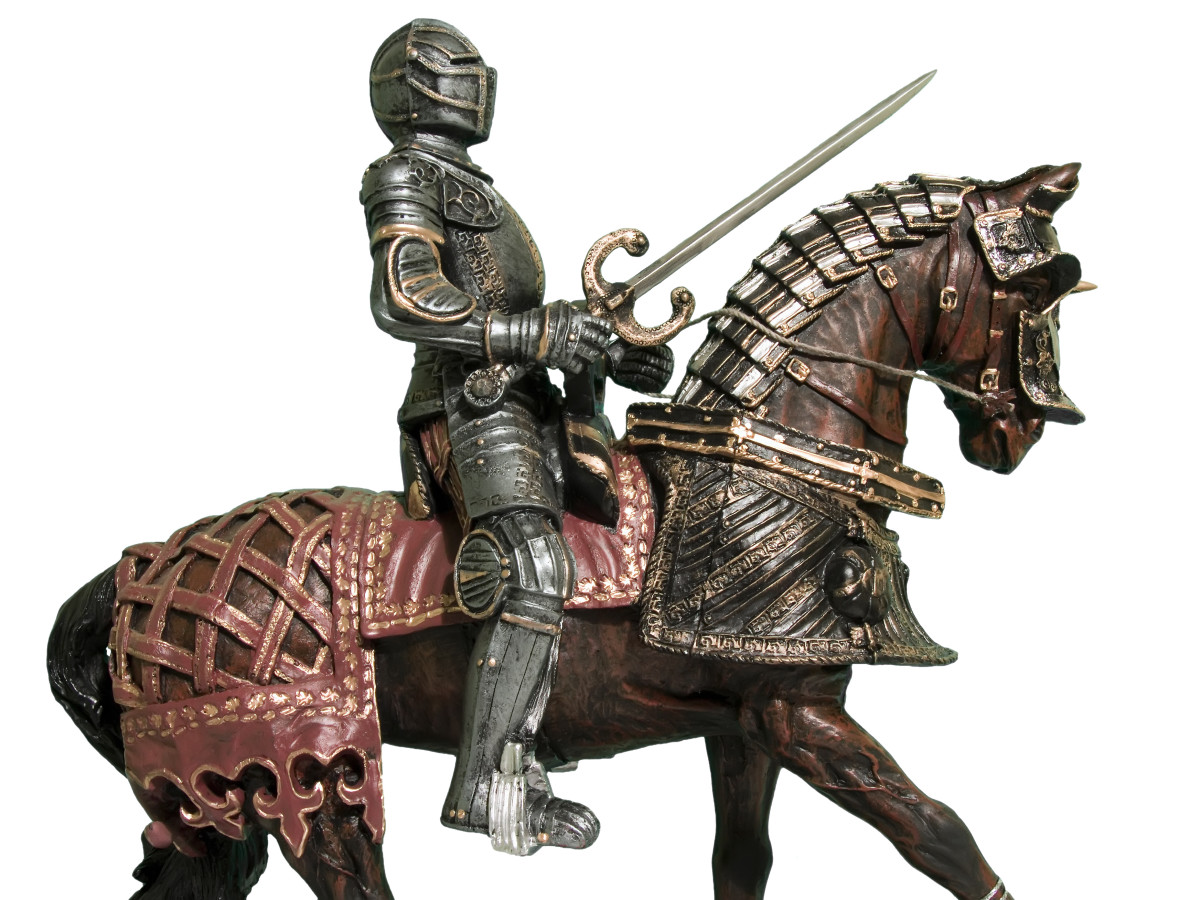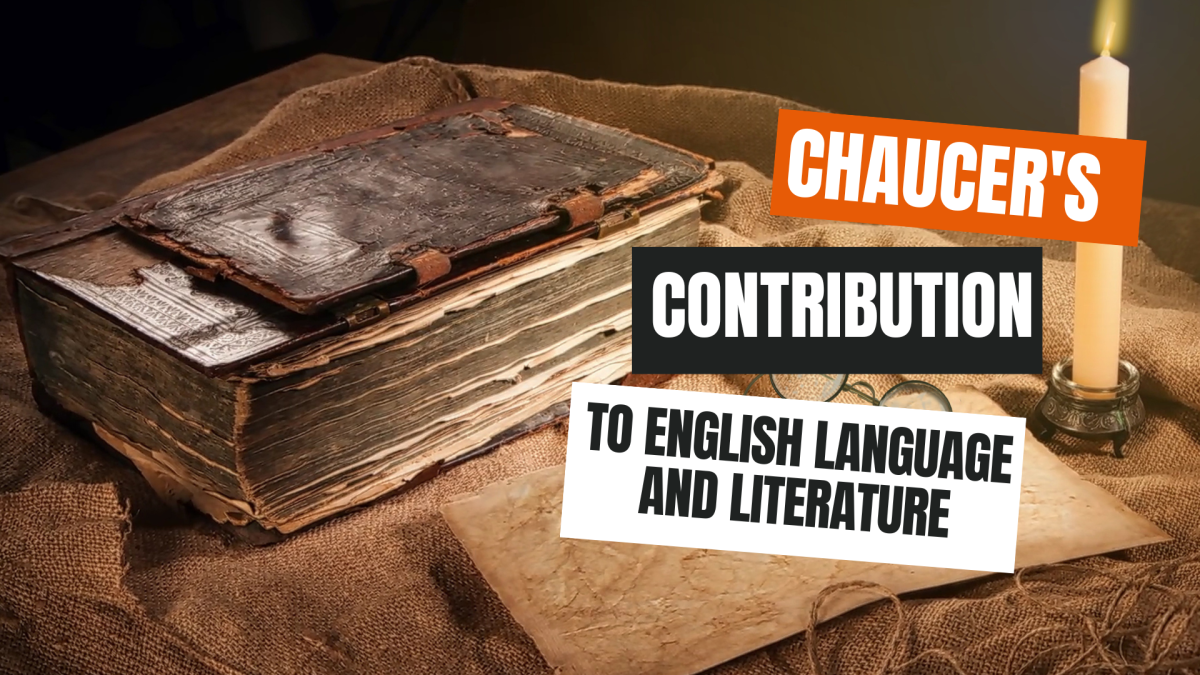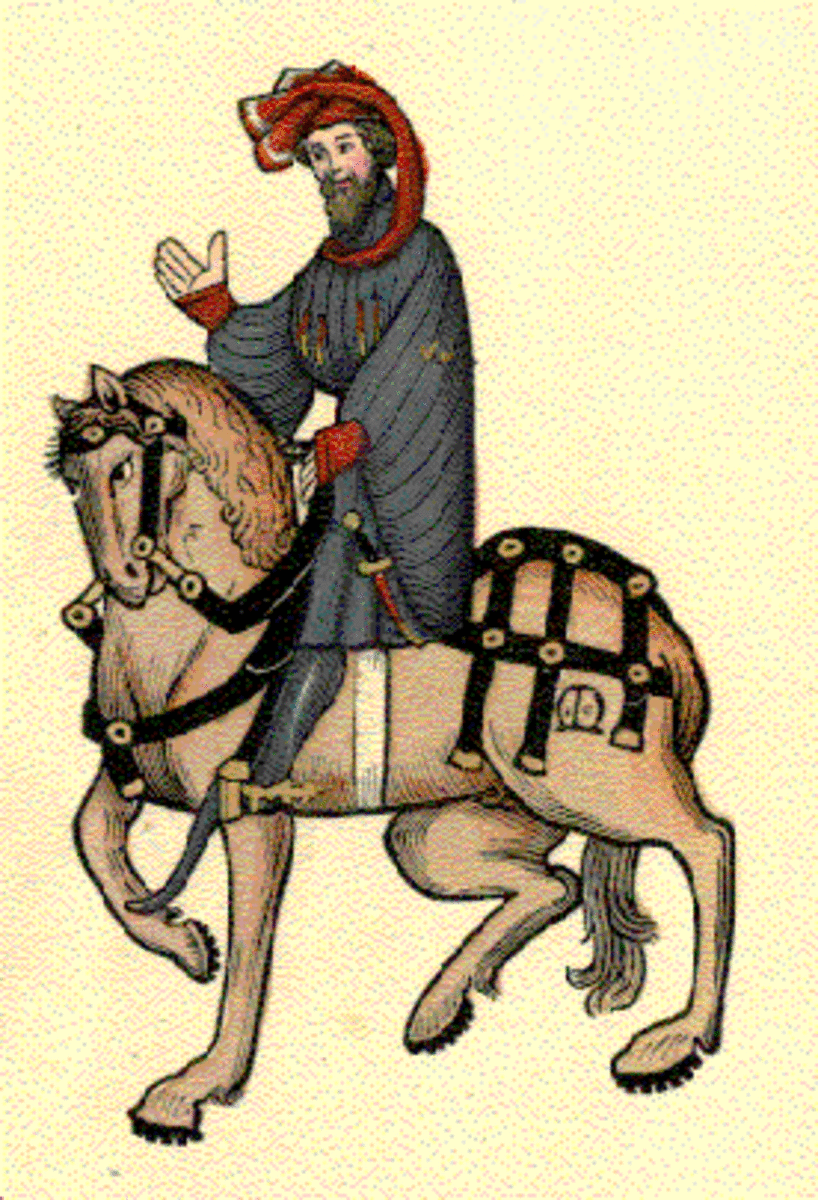- HubPages»
- Books, Literature, and Writing»
- Literature»
- English Literature
Canterbury Tales & Marriage
Tale of Melibee
In this tale Chaucer treats marriage like it's a long drawn out debate between a husband and wife on whether or not the husband should listen to the wife. it also goes along with the theme of controlling a marriage as seen in other tales. in this tale the wife gives numerous accounts on why Melibee should listen to her, yet he continues to do what he wants. He is the man therefore he should wear the pants and control the marriage, but instead the wife is stepping out of her place and trying to tell her husband what he should and should not do. It illustrates the power struggle that comes along with marriage. Especially when we try and relate this to modern times. Now a days women are thriving in the workforce and in some cases making more money than the men. This can feel emasculating to a man and thus create this form of struggle in the marriage on who controls what and who has the final say.
Treatment of Marriage
Chaucer's treatment of marriage can be seen in the Shipman's Tale, the Tale of Melibee and in The Nun's Priest's Tale. All three of these tales exhibit how Chaucer views marriage and uses it in his various tales. The Canterbury Tale are ones that excite a reader and open their mind to a world of literature that will shock you with there meanings. Marriage is something that people should learn to find a common ground and not feel the need to hide or deceive their lover. In these next three stories the lovers will be tricked, lied to, and even struggle with who holds the power in the marriage. It can really be used as a tool in modern times, because marriage is something many people struggle with. It's a challenging relationship to be in because you can no longer only think about yourself, instead you have to take into account what would be best for the family as a whole. Each of these characters I feel is only looking out for themselves and isn't in a their marriages for the soul purpose of being in love.

Shipman's Tale
The Shipman's Tale offers an account of a wife spending a great deal of her husbands money to buy extravagant gifts to make herself look even more beautiful for her husband. The wife then ends up owing a debt and can't pay it back so she asks the Merchants friend, the Monk, for a loan. The Monk agrees to help the wife and then embraces her:
Now trewely, myn owene lady deere,
I have," quod he, "on yow so greet a routhe
That I yow swere, and plighte yow my trouthe,
That whan youre housbonde is to Flaundres fare,
I wol delyvere yow out of this care;
For I wol brynge yow an hundred frankes."
And with that word he caughte hire by the flankes,
And hire embraceth harde, and kiste hire ofte. (lines 196-203)
Here we see the Monk taking what he wants as payment for the loan he will deliver to the wife. Now little does the wife know that the Monk is actually going to ask the Merchant for the money to give to the wife and later on when the Merchant asks the Monk to repay the loan the Monk tells him that he has already given the money to his wife. So when the Merchant confronts his wife about the money she says that it is gone and that he may take the money out in their marital bed. Chaucer treats marriage here, as a business or a commodity. In this tale marriage is more of a transaction and doesn't really have much value. In this case, the wife can be traded for money. In lines 414 to 417 the wife uses sex as currency when she tell her husband to take what she owes out of her tail. Chaucer writes: "For I will pay you well and readily / From day to day; and if it be I failI / am your wife, tally it on my tail, / And I will pay as soon as ever I may." This pun at the end of the tale helps to unite the mercantile theme with the sexual theme, in that one gains something out of both of these businesses.
The Nun's Priest's Tale
In this tale the readers see a connection to the tale of Melibee, in that Chaucer is arguing with his love interest on whether or not one should pay attention to dreams. Here there is the same power struggle that is seen in Melibee, but instead of listening to his own advice Chaunticleer decides not to pay attention to dreams and ends up getting attacked by the fox. So here the husband listens to his wife even though he just spent line after line explaining why he shouldn't listen to her. The marriage here the husband givens into his wife and allows her to decide even though he protests her way of thinking.
Wife of Bath's Tale
In the Wife of Bath's tale Chaucer treats marriage as this power struggle. The Wife is a threat to the men in the Canterbury tales because she owns her own performance. She is in complete control of her life and her marriages, of which she has 5, so she is labeled as a wicked woman. Her wickedness comes from her freedom. The men don't feel that she is a good wife or a good example of how a wife should be because of her multiple marriages and feminist threat. The tale also address the question of what women desire most, control and power or equality. In the tale the Wife is defiant and outspoken, but once she rips pages from a book her husband is reading and he hits her, the power shifts and she no longer has to be defiant to gain control.
He came to me and near me he knelt down,
And said: 'O my dear sister Alison,
So help me God, I'll never strike you more;
What I have done, you are to blame therefor.
But all the same forgiveness now I seek!
'And thereupon I hit him on the cheek,
And said: 'Thief, so much vengeance do I wreak!
Now will I die; I can no longer speak!
'But at the last, and with much care and woe,
We made it up between ourselves. And so
He put the bridle reins within my hand
To have the governing of house and land;
And of his tongue and of his hand, also;
And made him burn his book, right then, oho!
And when I had thus gathered unto me
Masterfully, the entire sovereignty,
And he had said: 'My own true wedded wife,
Do as you please the term of all your life,
Guard your own honour and keep fair my state'-
After that day we never had debate. (lines 809-828)
Once the wife gained her control she became this ideal wife that men wanted, a kind of true wife.
The Clerk's Tale
In the Clerk's Tale Chaucer paints marriage as a paradox because Walter is being asked by his people to marry, but he is reluctant to marry because he doesn't want to give up his sovereignty to a wife: "Boweth youre nekke under that blisful yok / Of soveraynetee, noght of servyse," (lines 113-114). Throughout this tale Walter tests his wife many times for her obedience, I feel he is looking for a reason to end his marriage because there is no other excuse for these tests. The first time he tests Griselda is in part 3 when he tells his wife that he is going to take her daughter from her and have her slain, after just giving birth to her first child. Griselda obeys her husbands wishes I think out of fearful obedience. She puts up no fight and simply gives her baby a kiss goodbye, blesses her then hands her over to be killed: "Fareweel, my child, I shal thee nevere see, / But sith I thee have marked with the croys / Of thilke Fader blessed moote thou be, / That for us deyde upon a croys of tree. / Thy soule, litel child, I hym bitake, / For this nyght shaltow dyen for my sake." (lines 555-560). However, Walter does not have her child killed, instead he sends her to Bologna.
After a couple years pass Griselda finally has a son and Walter decides again to test his wife by taking her sons life saying that his people question his nobility. Yet again, Griselda complies with her husbands wishes and says goodbye to yet another child. However, Walter's people are upset with him and tell him he has to remarry. So Walter sends for his children in Bologna and asks that their lineage not be public. Upon doing this he puts his wife through more tests and tells Griselda that he must remarry and that she must move back with her father. So she does then he tests her again by having her be a servant into his new young bride, and surprise she willingly agrees to her husbands demands. Walter asks Griselda what she thinks of his new bride and she says that she thinks his new wife is beautiful and wishes them happiness and asks Walter that he not test this new wife as he has tested her:
O thyng biseke I yow, and warne also
That ye ne prikke with no tormentynge
This tendre mayden, as ye han doon mo;
For she is fostred in hir norissynge
Moore tendrely, and to my supposynge
She koude nat adversitee endure,
As koude a povre fostred creature." (lines 1037-1043)
Griselda is an obedient and patient wife she displays what men want in a wife, someone who will blindly obey their husbands no matter how horrible their demands become. Some could even argue that the Clerk's Tale is a response to the Wife of Bath's in that Griselda is an example of how women should act and the Wife of Bath is how women should not act. This is the paradox should a wife be patient and silent in her marriage even when her husbands demands are outrageous, or should she speak up and fight for the power.

